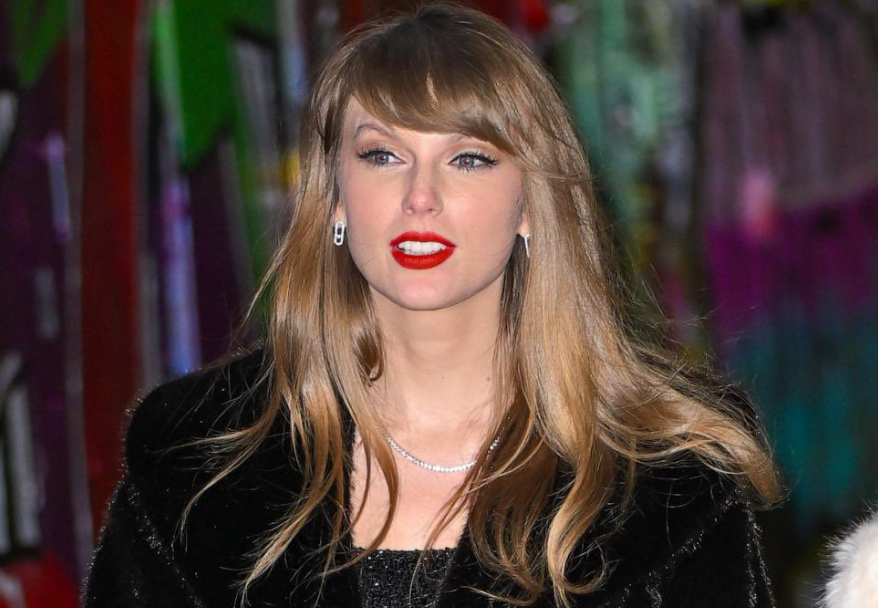In a recent tweet, Netizens expressed concern about the proliferation of AI-generated images of Taylor Swift, urging for a halt to their spread. Despite not identifying as a “swifty” (a dedicated fan of Taylor Swift), the user emphasized the importance of recognizing Swift as a human being with emotions.
The tweet suggests that, regardless of Swift’s wealth and celebrity status, she is still susceptible to the emotional impact of seeing AI-generated pictures circulating online. The plea for restraint in sharing AI-generated images of Taylor Swift raises broader ethical considerations surrounding the use of artificial intelligence in creating realistic depictions of public figures.

While the technology may be intriguing and entertaining, it is crucial to acknowledge the potential emotional toll on the individuals portrayed. This tweet serves as a reminder that, even in the digital age, empathy and respect for the feelings of celebrities should be paramount, prompting a thoughtful reflection on the ethical use of AI-generated content in the public sphere.
The tweet also highlights the evolving intersection between technology and celebrity privacy, calling for a more conscientious approach to AI applications. It underscores the need for responsible usage and ethical considerations as society navigates the challenges posed by advancing technologies that can impact the lives and well-being of public figures.
Regrettably, the legal framework has yet to adapt to the emerging threat posed by digitally manipulated content, but this may soon see a shift. On Tuesday, two lawmakers reintroduced a bill aimed at designating the non-consensual sharing of digitally altered pornographic images as a federal offense.
Initially authored by Representative Joseph Morelle in May 2023, the “Preventing Deepfakes of Intimate Images Act” was conceived to safeguard online privacy rights in the face of the escalating prevalence of artificial intelligence and digitally manipulated content. Morelle emphasized the necessity of proactive legal measures to address the challenges arising from the increasing sophistication of technology, indicating a commitment to protecting individuals from the malicious use of deepfake technology and its potential infringement on personal privacy.
The rallying cry “PROTECT TAYLOR SWIFT” has gained viral momentum across popular social media platforms like Twitter and Facebook. Swift’s fervent fanbase, known as Swifties, has united in a collective effort to support and shield the global pop sensation from various potential threats, both online and offline. The hashtag has become a digital emblem symbolizing the fans’ dedication to safeguarding Taylor Swift’s well-being, privacy, and reputation.
The widespread circulation of “PROTECT TAYLOR SWIFT” highlights the unique connection between celebrities and their fan communities in the age of social media activism. It underscores the power of online movements to amplify messages of support and defense for public figures. As Swift continues to navigate the complexities of fame and the challenges posed by technological advancements, this viral campaign serves as a testament to the solidarity and protective instincts of her devoted fanbase.






